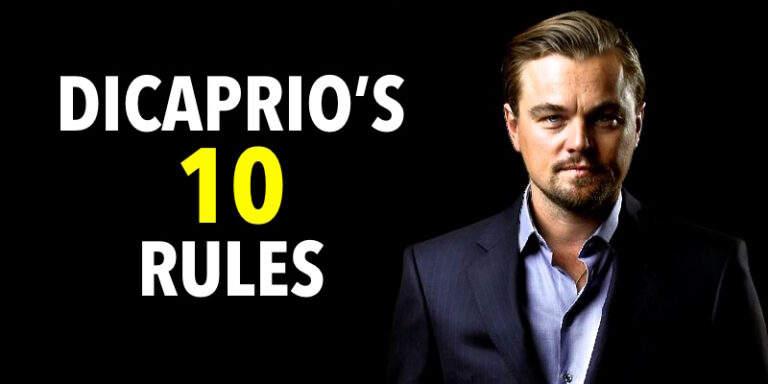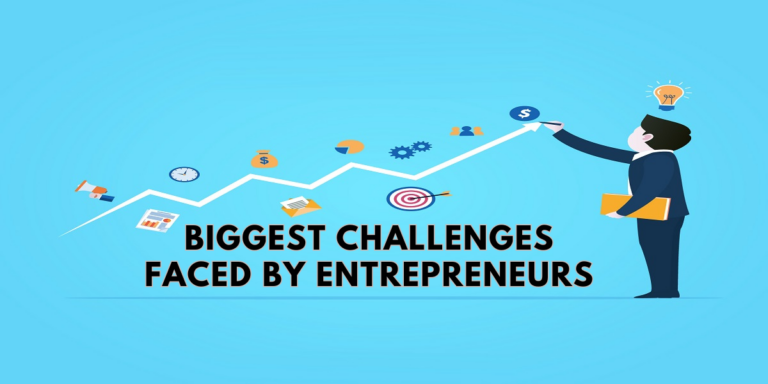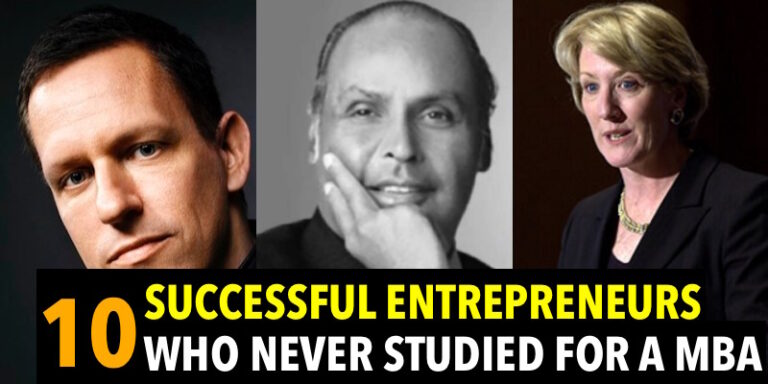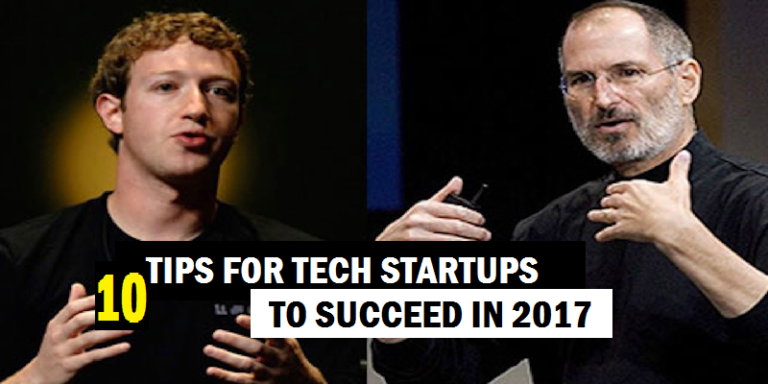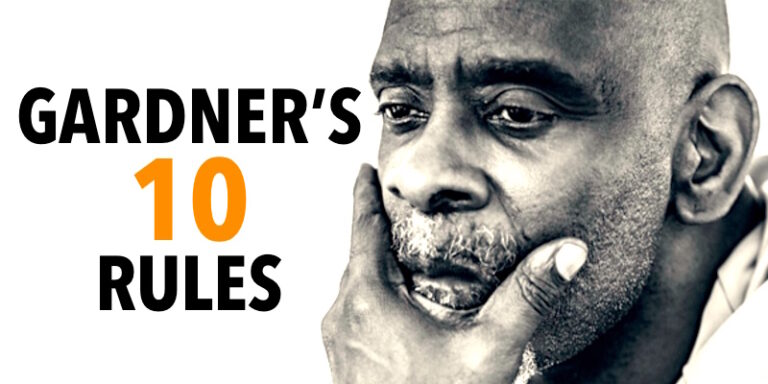Peter Thiel is a silicon valley entrepreneur who founded two multi billion dollar companies, PayPal and Palantir. As a venture capitalist, he was the first outside investor in Facebook, and made early stage investments in Linkedin, Yelp, Lyft, Asana, Yammer and many other successful technology companies.
As you can imagine, his business and investing acumen has made him an extremely wealthy man. His book Zero to One has been a smash hit and has a great amount of knowledge to share with readers.
Here are 10 success lessons from Peter Thiel – “PayPal Founder and Billionaire” for entrepreneurs,
1. Start small and monopolize
“As an investor, it’s always a red flag when entrepreneurs talk about getting 1% of a $100 billion market. It’s easier to dominate a small market than a large one, and much easier to reach a few thousand people who really needed our product than to try to compete for the attention of millions of scattered individuals. The perfect target market for a startup is a small group of particular people concentrated together and served by few or no competitors.
Once you create and dominate a niche market, then you should gradually expand into related and slightly broader markets. It takes discipline to expand gradually. The most successful companies make the core progression – to first dominate a specific niche and then scale to adjacent markets.”
2. Build valuable proprietary technology
“Proprietary technology must be at least 10 times better than its closest substitute in some important dimension to lead to a real monopolistic advantage,” says Thiel; otherwise it will give only short-term incremental advantage. Google search, Paypal’s online payment, Amazon’s inventory size and Apple’s design are good examples here.
3. Think big
Lean and agile approaches to entrepreneurship are a methodology, not a goal – they can take you to a local maximum and not the global maximum, says Thiel. Having a big vision and plan helps deal with industry positioning.
For example, Facebook turned down the $1 billion acquisition offer from Yahoo because Mark Zuckerberg could really see where his company could go, and Yahoo did not. Steve Jobs developed a long term vision for Apple with a pipeline of products for years to come.
Also Read: Cab Booking Platform Cabsguru Raises Angel Funding
4. Identify secrets – and go after them
Thiel identifies two kinds of secrets: secrets of nature, and secrets about people. “The best entrepreneur knows this: every great business is built on a secret that’s hidden from the outside world,” he says. This calls for steady investment in innovation. HP had a good decade of innovation in the 1990s, but has now lost steam.
5. Look for network effects
Everybody uses Microsoft Office because its the most common software. PayPal is convenient because it is popular, which makes it easy to find places that will accept payments from it. Facebook is useful because you can find your friends there. These are all examples of businesses that benefit from network effects.
That’s why Thiel recommends that entrepreneurs go after small markets in which network effects will take hold faster and points to his experience at PayPal as an example.
When the technology was focused on the disperse market of Palm Pilot users, it never got very far. However, it was an early success on eBay, which was a far more dense community.
6. Build a solid culture
“A startup is a team of people on a mission, and a good culture is just what that looks like on the inside,” says Thiel.
In the long run, the balance between creativity and best practices should ensure that the startup innovates, reaps the benefits of innovation effectively and continues to innovate. A culture of excitement is what creates a company that endures – not just pay and perks.
Beyond professionalism, PayPal had such strong ties between its founders inside and outside the workplace that they supported each other’s ventures even after the company was sold.
Among the ‘PayPal Mafia,’ Elon Musk founded SpaceX and Tesla Motors; Reid Hoffman founded LinkedIn; David Sacks founded Yammer; Steve Chen, Chad Hurley and Javed Karim founded YouTube; and Thiel himself went on to found Palantir.
7. Master marketing and sales
Many techies do not have a deep enough understanding of the dynamics and inter-connects of marketing, advertising, sales and distribution, which vary in B2C and B2B sectors. Some of these activities are about creating impressions and attachment among users, others are about cultivating long-term relationships.
B2B sales are complex and require ‘rainmakers,’ whereas ‘megaphone’ strategies like TV ads may be better for B2C products. “Selling your company to the media is a necessary part of selling it to everyone else,” Thiel advises, this calls for a clear public relations strategy.
Also Read: 10 Success lessons from Mark Zuckerberg – “Youngest Billionaire” for entrepreneurs
8. Don’t try to recreate Google, it is already there
Basically think outside the box. There are plenty of search engines and email accounts go for something different. Be unique in the search for your industry brain storm.
Replicating other people’s ideas just causes market saturation, which drives down demand and then ultimately causes business to begin the downward spiral of the toilet. This is why, in Peter Thiel’s opinion, businesses fail. Make the business of your dreams truly unique and you can never fail.
9. Be original
Sounds the same as above but is completely different. One can be original and still be in the same market as the coffee shop next door. Bring something truly different to the table though. A personality is a nice place to start.
Ever notice that the large chain coffee shops have barristers with personality and great attitudes? Yeah they do! Well that was a niche filled right there. Find the niche that needs filling and make a good fit. Make the originality seep from every pore of the business, play to your strengths and make sure that no one else has ever done it before.
10. Build a strong brand
The last element that Thiel cites is branding, although he goes into far less detail here than the other rules. He uses Apple and Steve Jobs as an example, which is fairly obvious, but doesn’t go much further than that.
Despite the minimal space that he gives to branding, it is an important point—and one that startups often don’t pay enough attention to. Intangible value usually accounts for the majority of the value of a successful business. This is even true for resource-based firms like Exxon (66% intangible value) and retail giants like Wal-Mart (70%).

